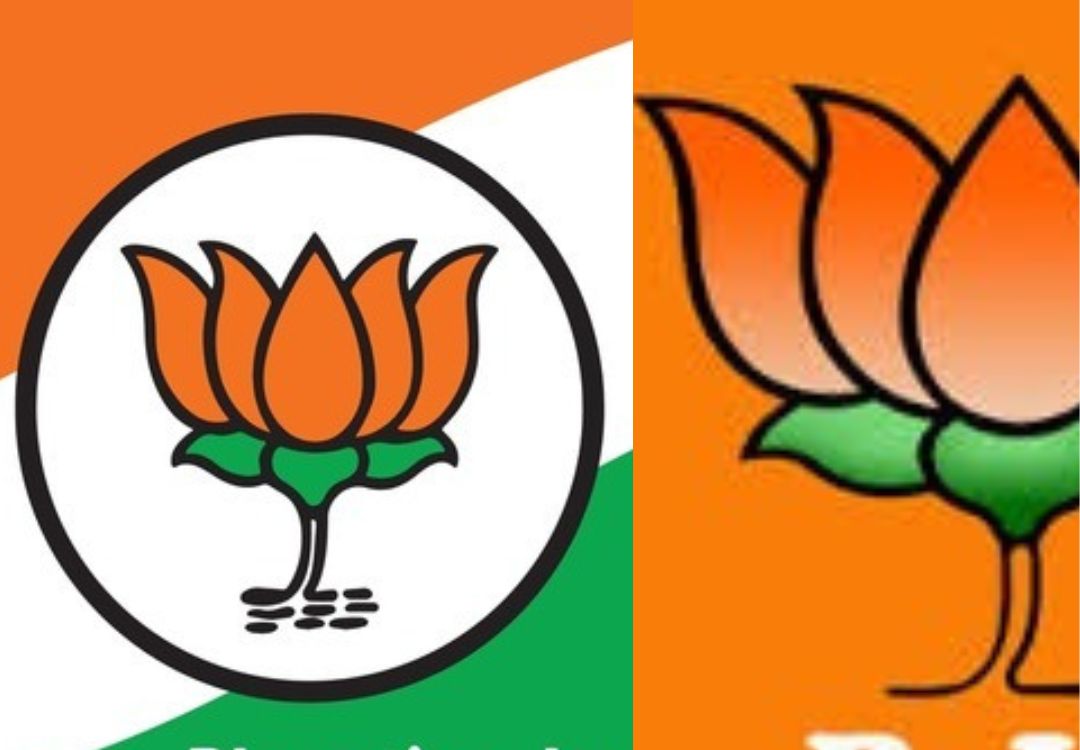The Bharatiya Janata Party (BJP) has opted out of contesting this year’s general election in Indian-administered Kashmir, marking a shift in its regional political strategy.
The decision, which comes more than four years after the BJP revoked the special status of Kashmir, is seen by political analysts and opposition leaders as a response to mounting anger and resentment among Kashmiri residents.
Tensions between Kashmir and Delhi have persisted for decades, exacerbated by an insurgency against Indian rule and subsequent military action. The situation escalated in 2019 when Prime Minister Narendra Modi’s government abolished Article 370 of the Indian constitution, stripping the region of its autonomy and dividing it into two federally administered territories.

Despite efforts by local BJP leaders to expand support in Kashmir, the party’s decision to refrain from contesting the general election, particularly in the Muslim-majority Kashmir valley, has surprised many. The BJP’s chief spokesperson in Jammu and Kashmir focused on winning the “hearts of the people” rather than electoral victories as the party’s priority.
Critics argue that the BJP’s reluctance to compete reflects recognition of the challenges it would face in securing support in Kashmir, where the revocation of Article 370 has been met with widespread discontent. Opposition leaders suggest that the BJP sought to avoid a referendum on its 2019 decision and shield itself from potential electoral backlash.
While voting is underway in Jammu and Kashmir, the absence of BJP candidates has led to speculation about the party’s behind-the-scenes support for other parties. However, formal alliances have not been announced. The BJP’s decision has disappointed its local members, who had been actively preparing for the polls.
Despite recent regional electoral gains, including winning seats in local elections, the BJP has struggled to establish a huge presence on the ground. Factors contributing to Kashmiri alienation include high unemployment rates, lack of local representation, and alleged human rights abuses.
The BJP’s decision not to contest the election underscores the difficult political dynamics in Kashmir and highlights the challenges of governing a region marked by deep-seated grievances and tensions with the central government.


